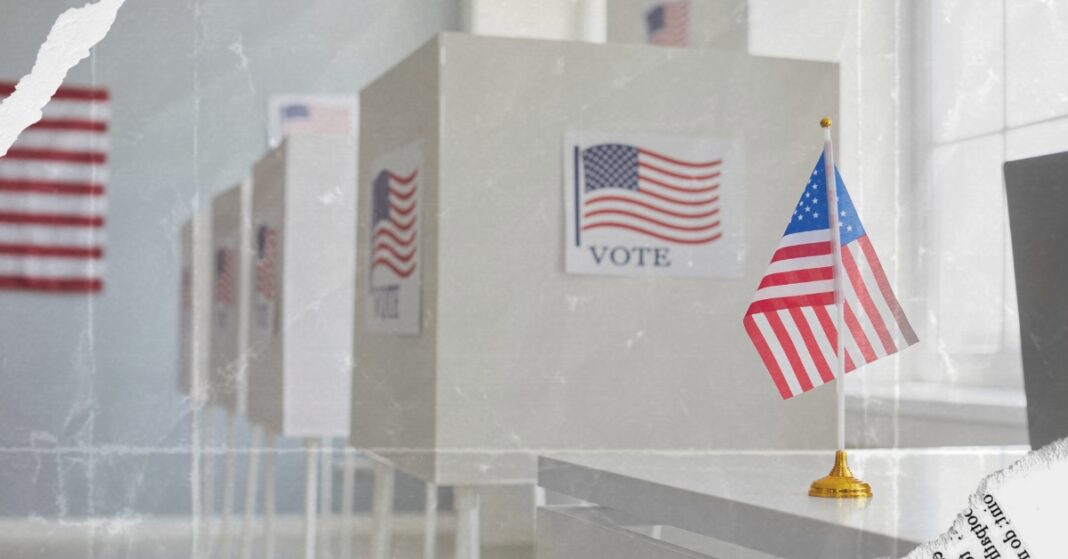Though the last day of the legislative session on Monday was a mostly ceremonial affair, Saturday and Sunday were packed with last-minute negotiations and deals in an effort to get the last batch of important bills passed and sent to the governor. Here’s a rundown of what happened over the weekend.
Budget
The House and Senate both approved the negotiated $338 billion two-year state budget on Saturday. The House vote was 107-21, according to the Quorum Report.
Judicial pay negotiations
Over the weekend the House and Senate were in a standoff over a proposal to increase the base salaries for Texas judges, though they eventually were able to negotiate an agreement that both chambers approved on Monday, the last day of the session.
The main issue in the dispute was whether those pay increases should be tied to pensions for state lawmakers. Texas ranks 49th in the country in judicial pay, a fact that Jimmy Blacklock, the chief justice of the Texas Supreme Court, referenced in his State of the Judiciary address earlier this session in urging lawmakers to pass pay judicial raises.
At one point during the weekend, Blacklock waded into the fray offering compromise language that could help the two chambers reach an agreement, as first reported by QR.
STAAR replacement
A bill to replace the STAAR test died in committee over the weekend, killing hopes of replacing the unpopular testing system with a bipartisan program that would administer three smaller tests throughout the year, giving districts more data on student performance.
Medical marijuana
The Legislature passed a bill on Sunday to expand the state’s medical marijuana program, the Texas Compassionate Use Program, by approving House Bill 46. The final version would allow doctors to prescribe THC without forcing patients to try opioids first, and would allow doctors to prescribe in 90-day doses and approve other ways of administering THC, including vapes and edibles.
Personal injury lawsuits
A controversial Senate proposal that would have sought to reduce personal injury lawsuits died in conference committee negotiations over the weekend.
Senate Bill 30 would have limited the amount of money that personal injury lawsuits could seek, with the express intent of shutting down “nuclear verdicts” that award plaintiffs more than $10 million in damages.
The bill, written by Georgetown Republican Sen. Charles Schwertner, had the backing of Texans for Lawsuit Reform, a significant business-friendly lobbying group, and was a top priority of Lt. Gov. Dan Patrick. But it attracted significant criticism and scrutiny from members of the public, as well as doctors and legal associations, who had argued that it would prevent victims from getting fair restitution for corporate malfeasance.
Republicans passed SB 30 out of the House and the Senate with little support from Democrats, but resolving the differences between both chambers’s versions of the bill required a conference committee, which is where it eventually died.







